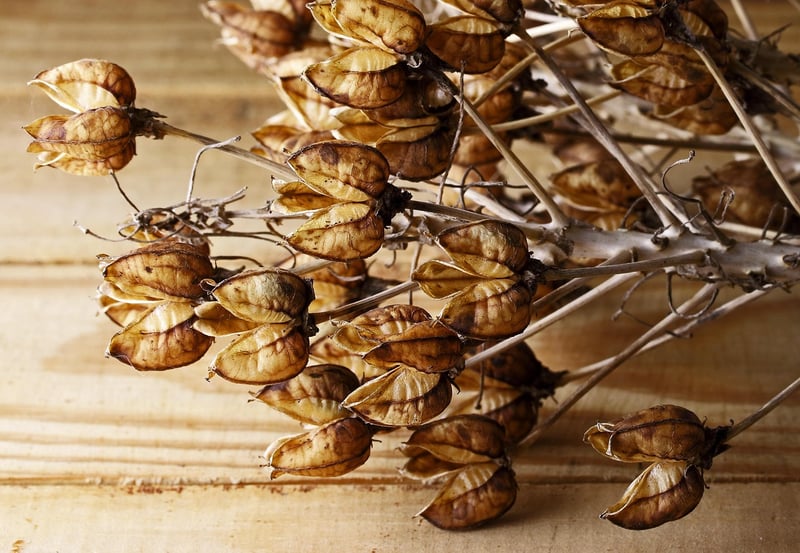Propagation Techniques

Essential Plant Care Advice + Propagation Techniques
Introduction
Welcome to our guide on essential plant care advice and propagation techniques! Whether you are a seasoned plant parent or just starting your indoor garden, understanding how to care for your plants properly and propagate them can help your green companions thrive and multiply.
Plant Care Tips
Proper plant care is crucial for the health and growth of your plants. Here are some essential tips to keep in mind:
1. Watering
Ensure you water your plants according to their specific needs. Overwatering can lead to root rot, while underwatering can cause wilting.
2. Light
Place your plants in locations that match their light requirements. Some plants thrive in bright, indirect light, while others prefer low light conditions.
3. Temperature and Humidity
Maintain the right temperature and humidity levels for your plants. Sudden temperature changes or low humidity can stress them.
4. Pruning and Cleaning
Regularly prune dead or yellowing leaves and clean dust off your plant's leaves to ensure proper growth and photosynthesis.
Propagation Techniques
Propagation is the process of creating new plants from existing ones. Here are some common propagation techniques:
1. Stem Cuttings
Take a cutting from a healthy plant, allow it to callus, and then place it in water or soil to grow roots.
2. Leaf Cuttings
Remove a leaf from a plant, let it dry, and then place it in soil to root and grow into a new plant.
3. Division
Divide plants with multiple stems or offshoots into separate plants, each with its roots, to propagate them.
4. Air Layering
Encourage roots to grow on a plant stem while it is still attached to the parent plant, and then separate it to create a new plant.
Conclusion
By following these essential plant care tips and propagation techniques, you can ensure the health and vitality of your plants while expanding your indoor garden. Experiment with different methods to find what works best for your plants and enjoy watching them flourish!
Remember, each plant is unique, so it's essential to research the specific care requirements and propagation methods for the plants in your collection.